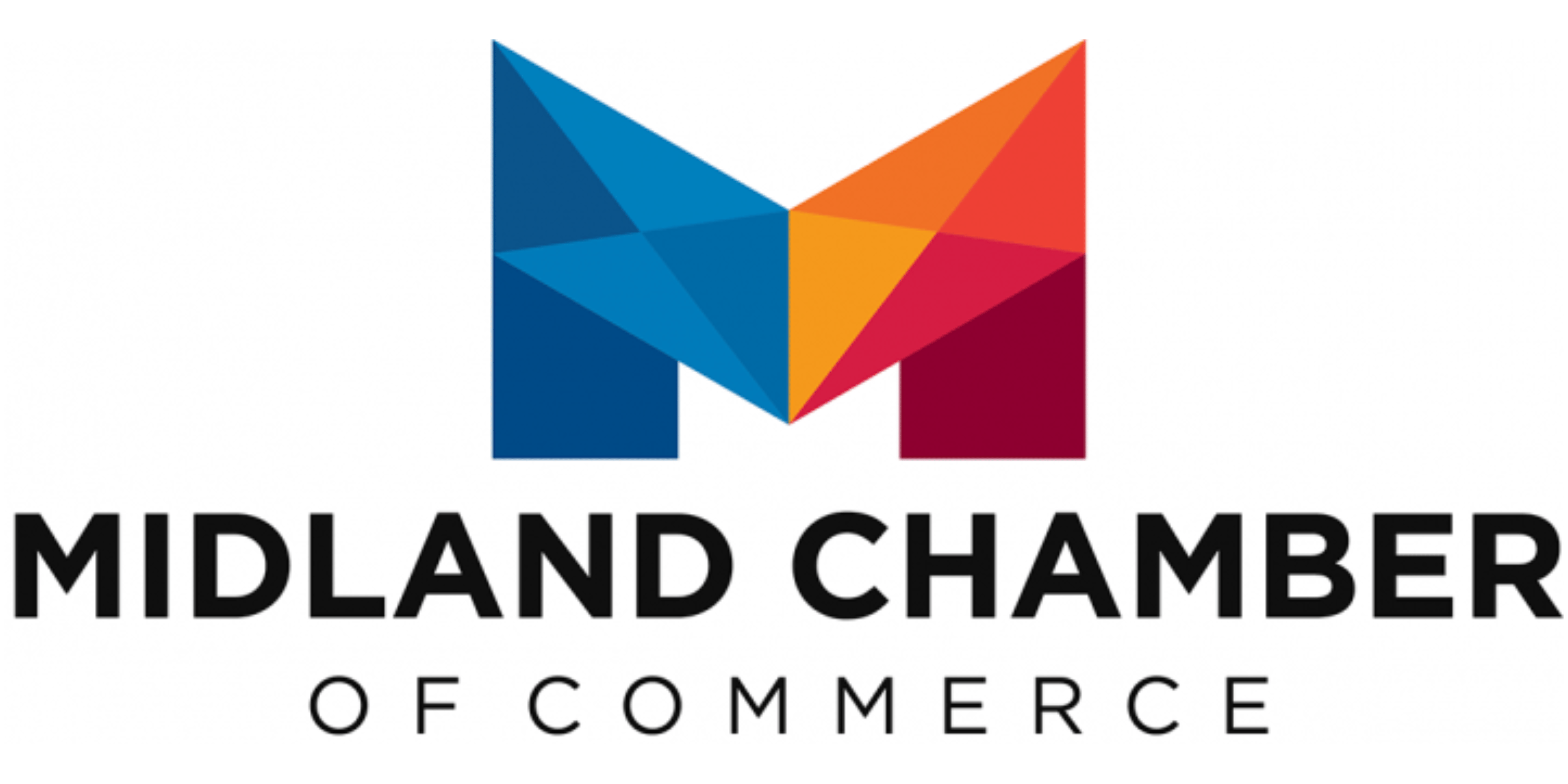Bulletproof Your Business: Essential Steps to Financial Security
In the landscape of small enterprises, securing a stable financial foundation is crucial for sustained success. For small business owners, establishing a reliable financial safety net is more than just recommended; it's absolutely essential. With volatile markets and unpredictable circumstances, a strong financial plan is your best defense. By following these guidelines, you'll not only achieve stability but also position your business for growth and prosperity.
The Blueprint for Cash Flow Forecasting
Understanding your money’s comings and goings is the first step in ensuring your business's financial health. Drafting a cash flow forecast allows you to gauge your revenue and costs with precision. This indispensable planning instrument is vital for making well-grounded economic choices and girding for any fiscal hurdles that may come your way.
Create or Improve Your PDF Document Management System
Implementing a document management system is crucial for small business owners to establish a robust financial safety net. By organizing and storing important business documents digitally, including invoices, receipts, contracts, and financial statements, they can mitigate the risks associated with loss or damage of physical documents. This system not only enhances accessibility but also facilitates quick retrieval of necessary documents during audits or financial assessments, thereby safeguarding the business's financial integrity.
Furthermore, converting PDFs to Excel using specialized software enables easy manipulation and analysis of tabular data, offering a more versatile and editable format. With the ability to convert PDF to Excel, small business owners can efficiently make necessary edits, analyze financial trends, and promptly resave the file as a PDF, ensuring seamless document management and financial security.
Financial Boundaries: Business and Personal Separation
Mixing personal and business finances can create accounting inaccuracies and unwise expenditures. To prevent these issues, open a separate bank account exclusively for business transactions. This simplifies your financial record-keeping while adding a layer of professionalism to your operations. By segregating your funds, you create a clearer pathway for financial analysis and decision-making.
A Cost-Efficient Workspace Matters
Instead of following the traditional path of leasing office space, consider renting a larger home that meets your business requirements. Browse through local real estate listings, focusing on properties that offer the square footage your business needs. This alternative can be both cost-effective and efficient, saving you money on commercial rent. Additionally, a home-based setup may provide tax advantages and contribute to a better work-life balance.
Building Bridges with Creditors and Backers
Forming sturdy relationships with financial institutions or private investors is pivotal. These connections can come to your rescue when you confront abrupt financial demands or seize growth opportunities. Invest in these relationships through consistent communication and reliability for enduring advantages.
The Role of Financial Consultants and Accountants
Securing the services of a financial advisor or an accountant who specializes in small businesses is invaluable. Their proficiency can guide you through intricate monetary decisions and keep you abreast of tax obligations. Professional advice can make all the difference in avoiding legal pitfalls and ensuring financial health.
Stay in the Loop: Continual Financial Statement Analysis
Consistent evaluation of your fiscal documents is imperative for avoiding unpleasant financial shocks. By routinely scrutinizing your financial records, you can observe trends and adjust your business plans as needed. This proactive approach allows you to be at the helm of your business's financial destiny.
To Lease or To Buy: Equipment Decisions
When it comes to securing business equipment, consider the advantages and disadvantages of leasing versus ownership. Leasing can be an attractive option to conserve upfront capital expenditure and is particularly viable for businesses in sectors that experience quick technological evolution.
Building a financial safety net for your small business is a ceaseless endeavor that necessitates both focus and diligence. By diligently implementing these cardinal steps, from using PDFs to manage your documents to separating business and personal finances to holding off on buying equipment, you're doing more than just stabilizing your business's financial footing. You're also laying down the groundwork for enduring expansion and profitability. In the entrepreneurial universe, being well-prepared is synonymous with being well-armed for success.
Join the Midland Chamber of Commerce to get the tools and make the connections you need to build a winning business in our community!
